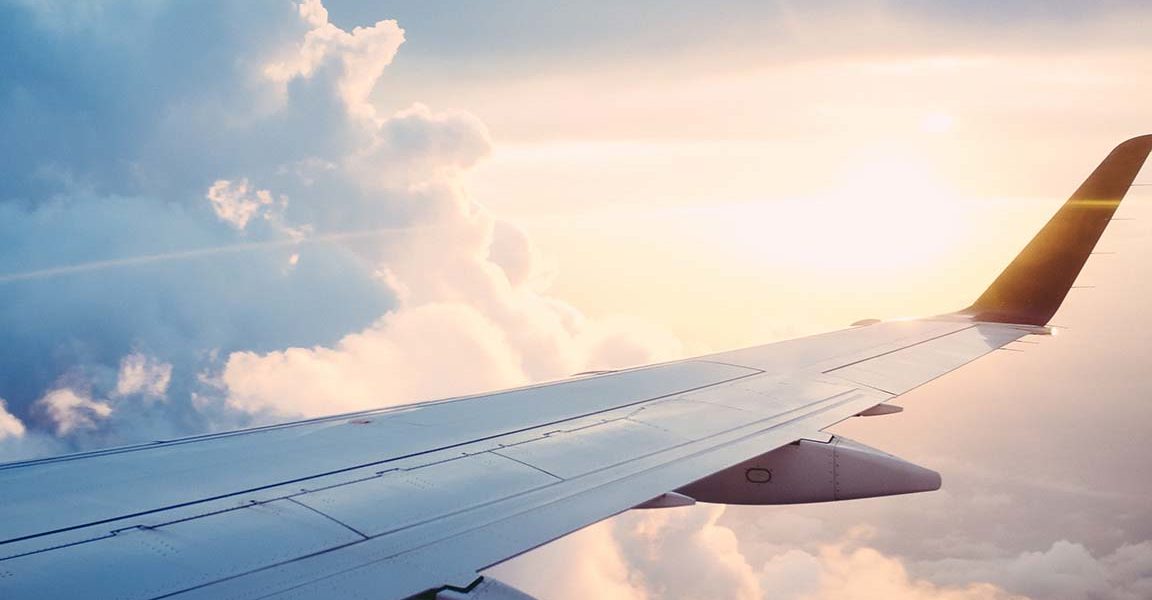From when the booking page finally refreshes, to when that rowdy stag trip cheers the airplane’s bumpy landing, holiday plans provide excitement and hope during the more mundane moments of our lives. But with unpredictable travel restrictions, booked flights have become a source of financial anxiety rather than something to look forward to. To fly in the face of such concerns, travellers are booking flights much closer to their departure, and some are “trip-stacking” – booking two overlapping holidays only to eventually select one and postpone the other.
Prior to the pandemic, changing flight plans with many airlines was a bit like trying to get past a sleeping passenger blocking the aisle – you might have wanted to get out, but it wasn’t easy. Now, however, they are more accommodating than ever. British Airways currently offer free changes until check-in. Ryanair even offer free rebooking until seven days before travel, although any coronavirus-related disruption within that time will still lead to charges.
The policies of British Airways and other legacy airlines look set to remain more flexible as they hope to convince business travellers to swap their sweatpants for suitcases. Low-cost carriers, who offer basic fares covering only essential services, will be cagier about continuing these policies. Ryanair’s popularity, despite limited affection for the brand, is rooted in keeping basic ticket prices low. Even if we complain about restricted service, or extra charges, we inevitably come crawling back to the flights that are cheapest.
However, a recent Expedia survey found that the most important flight purchase factor for global travellers at present is the ability to get a full refund, with 26% of global respondents prioritising this compared to 18% for low pricing. Similarly, in August travel booking app Hopper saw a 33% monthly increase in purchases of their “Cancel For Any Reason” insurance. Consumers are embracing related services, such as deposits that allow them to temporarily reserve tickets, or delayed payment to prevent refund complications.
As financial concerns drive demand for added security, airlines can endear themselves to passengers with no-quibble rebooking policies lacking in fine-print shenanigans. British Airways are rumoured to be considering another foray into the low-cost market with a new subsidiary for European flights. As they look to compete with stripped-back fares, flexible change policies could be just the right feature to include as a standard to differentiate their offering while leveraging a trustworthy reputation.
For an industry still in crisis, this might sound like head in the clouds thinking. However, as the market drifts towards the lowest common denominator of low fares, flexible rebooking could offer a level of service worth paying for. US airline Southwest has selectively developed a low-cost service which is cheap but also fosters strong affinity for their brand. One of their longstanding flagship policies, unrivalled prior to the pandemic, is a generous no-fee policy for rebooking flights.
Many airlines are now committed to flexible policies until well into 2022. Legacy carriers will likely remain much more flexible beyond then, at least for business passengers. Low-cost carriers, on the other hand, are more likely to restrict their rebooking policies as demand picks up. When the tide does eventually turn, it will be interesting to see if any airlines draw a line in the sand and commit to flexible rebooking as standard, or if all will be swept away by cheap prices and basic services.
Regardless of what airlines offer, do not expect consumers to easily give up their new right to flexibility. Instead, keep an eye out for fintech innovators and new booking platforms picking up the slack and attracting consumers who are not willing to be restricted anymore.


